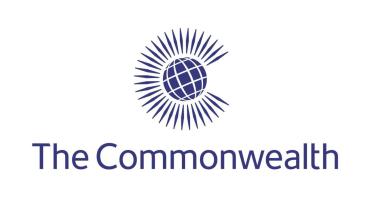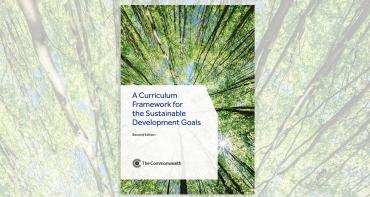Small states to have say on rule of law and justice in post-2015 negotiations
Commonwealth law experts will meet in New York to ensure negotiations on the post-2015 development agenda reflect rule of law and justice perspectives of small states.
The meetings will take place from 23-27 March 2015 during the UN’s third session of the post-2015 intergovernmental negotiations. Participants will consider aspects of rule of law specific to Commonwealth small states, and will review progress and challenges in relation to its promotion. Legal representatives from a number of Commonwealth countries will attend, including Tonga, Jamaica, Botswana and Belize.
Because of their economic size and geographical location, the Commonwealth’s 31 small states face unique challenges in establishing robust legal and judicial systems to support sustainable development.
Commonwealth Deputy Secretary-General Josephine Ojiambo described the meetings as ‘crucial’ to ensure Commonwealth countries are equally represented in post-2015 negotiations on rule of law and justice, regardless of their size or economic stature.
She said: “Commonwealth small states continue to face formidable challenges. Rule of law and access to justice play a vital role in bringing about economic, social and political development. But to enable growth in these areas, it is imperative post-2015 goals take into account issues specific to this group of countries, including their vulnerabilities.
“As post-2015 negotiations intensify, we must pull together to assist small states in building stronger frameworks to tackle major concerns such a climate change and global recessions.”
In recent post-2015 negotiations, Commonwealth small states highlighted challenges in a number of areas - health, climate change, education, water and sustainable energy. They stressed that the new development agenda must have a strong sense of ownership for all states, including small states.
The Samoa Pathway 2014 – a blueprint for sustainable development in small island developing states – contains a number of outcomes that have particular relevance to rule of law and development.
It calls for support to enhance an ‘enabling environment at the national and regional levels to attract more public and private investment’, and recognises the importance of ensuring ‘peaceful societies and safe communities, including through building responsive and accountable institutions and ensuring access to justice and respect for all human rights’.
Global consensus on the close relationship between rule of law and sustainable development has been strengthened in recent years. Access to justice and rule of law were not explicitly included in the Millennium Development Goals. Subsequent UN declarations have increasingly acknowledged the intrinsic role they play in facilitating growth across all sectors.
For Commonwealth countries, however, this is not a new concept. The Commonwealth Charter reaffirms that rule of law is essential for the protection of the people of the Commonwealth and as an assurance of accountable government.
Speakers include: Dr Kathy-Ann Brown, Deputy Solicitor General, Jamaica; Susana Maáta Faletau, Chief Executive, Ministry of Justice, Tonga; Leonia Duncan, Crown Counsel, Solicitor General’s Chambers, Belize; Keborapele Moesi, Secretary for International Commercial Services, Attorney General’s Chambers, Botswana; Steven Malby, Head, Law Development, Rule of Law Division, Commonwealth Secretariat.


